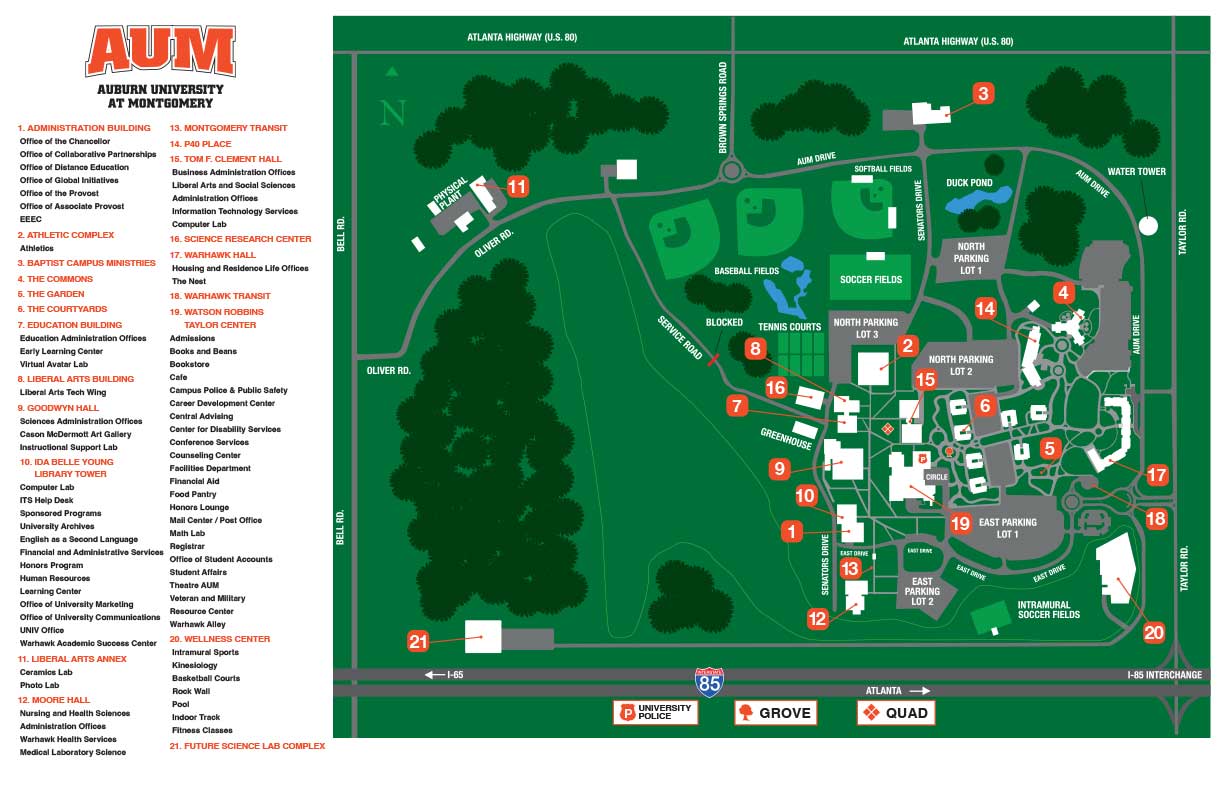A University in Motion. Apply now!
Excellence in the Field and the Lab
A mathematics minor complements majors from business and education to sciences by integrating students’ knowledge and the analytic thinking skills learned through the study of abstract mathematical systems. The minor can be helpful to students in pre-professional programs such as the health sciences.
Program Overview
The course listings below are a representation of what this minor requires. Select elective courses may also be included. Students may have to take additional courses to fulfill the prerequisites of the required courses.
| Course # | Course Name | Course Description |
|---|---|---|
| MATH 1610 | Calculus I | Basic principles of differential and integral calculus, including the Fundamental Theorem of Calculus. Includes applications in the management, natural and social sciences, including rates and optimization. |
| MATH 1620 | Calculus II | A continuation of MATH 1610, Calculus I. Applications of the definite integral, techniques of integration, indeterminate forms, improper integrals, polar coordinates, numerical integration, infinite series, Taylor’s Theorem, and power series. |
| MATH 2630 | Multivariable Calculus | A continuation of MATH 1620 Calculus II. Vectors and curvilinear motion; partial derivatives; gradient and its applications; multivariable Chain Rule; maxima and minima, including Lagrange multipliers; double and triple integration; line integrals; Green’s Theorem; surface integrals; Divergence Theorem; Stokes’ Theorem. Prerequisite MATH 1620. |
| MATH 2660 | Linear Algebra | Algebra of Matrices, systems of linear equations, vector spaces, subspaces, bases, coordinization, linear transformations and their matrix representations, determinants, eigenvalues, and diagonalization. |
| STAT 4670 | Mathematical Statistics I | Basic probability theory, discrete and continuous distributions, discrete bivariate distributions, distribution functions of random variables, the Central Limit Theorem, basics of statistical inference including point estimation, interval estimation, hypothesis testing, and simple regression. |
Need More Information?


Mosisa Aga
Associate Professor | College of Sciences
Ph.D. in Mathematics (2006) – Wayne State University
M.A. in Mathematical Statistics (2004) – Wayne State University
M.Sc. in Mathematics (1992) – Addis Ababa University
Mosisa Aga is an assistant professor in the Department of Mathematics in School of Sciences. His research interest includes time series analysis, bootstrap approximation methods and Gaussian long memory processes.

